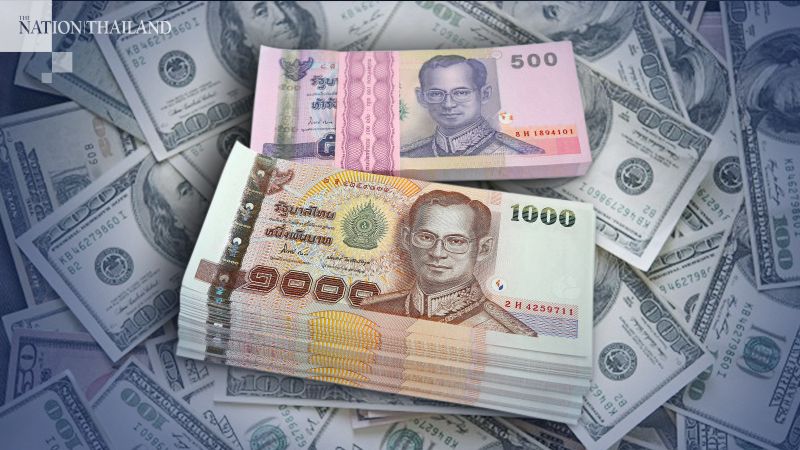BANGKOK, Jan 8 (Reuters): Most Asian currencies firmed slightly
BANGKOK, Jan 8 (Reuters): Most Asian currencies firmed slightly on Friday, but all the units were set to end the week lower due to lingering pressures of an increasingly hawkish Federal Reserve, while investors awaited US jobs data to assess the need for faster rate hikes.
For the first week of 2022, the Malaysian ringgit and the South Korean won are set to lose about 1% each, and the Thai baht is eyeing its worst weekly decline since early December even after a positive start.
Among equities in the region, India’s Nifty 50 was set to log 2.7% weekly gain, its best in four months, despite Asia’s second-biggest economy witnessing a surge in new Covid-19 cases, a jump of 117,100 on Friday – a five-fold increase in a week.
Singapore shares were chasing over 2% weekly gains, their best since mid-March, while Malaysian and Philippine benchmarks were poised for about 2% losses each.
The Indonesian rupiah snapped a four-session losing streak to firm 0.3% over the day. It lost 1% since the start of 2022, dampened by chances of faster US rate hikes, a firm dollar and the government’s decision to ban coal exports in January, setting it up for a 0.7% weekly dip.
The Indonesian 10-year benchmark yield scaled a near three-week high of 6.445% after slumping to a more than one-month low earlier in the week, as U.S. Treasury yields rose on the possibility of early Fed monetary tightening.
“Indonesian bonds are buffeted by external factors such as rising U.S. yields and a more hawkish Fed, which may drive some bond outflows from Indonesia in the short term and a bump up in yields,” said Wei-Liang Chang, FX and credit strategist at DBS Bank.
Although Indonesia, South-East Asia’s biggest economy, faces concerns regarding rising inflation in November, which was below Bank Indonesia’s (BI) 2021 range as of December, uncertainties around the spread of the Omicron variant of the coronavirus has the central bank holding interest rates at record lows.
However, DBS Bank analysts Duncan Tan and Eugene Leow expect “a faster moving Fed would put some pressure on BI to move faster on its own rate hike cycle, so as to pre-empt potential sell-off in local bonds and currency”.
China’s yuan has lost 0.4% this week, its biggest decline since late-August, while the Philippine peso was down about 0.5%, its third straight week of losses.
Investors are now looking ahead to a key US jobs report due later in the day to assess if the data would underpin the need for the Fed to move towards rate hikes faster than expected. – Bloomberg
www.thestar.com.my
